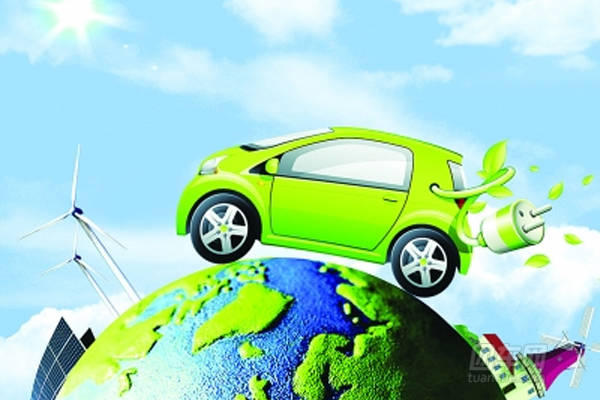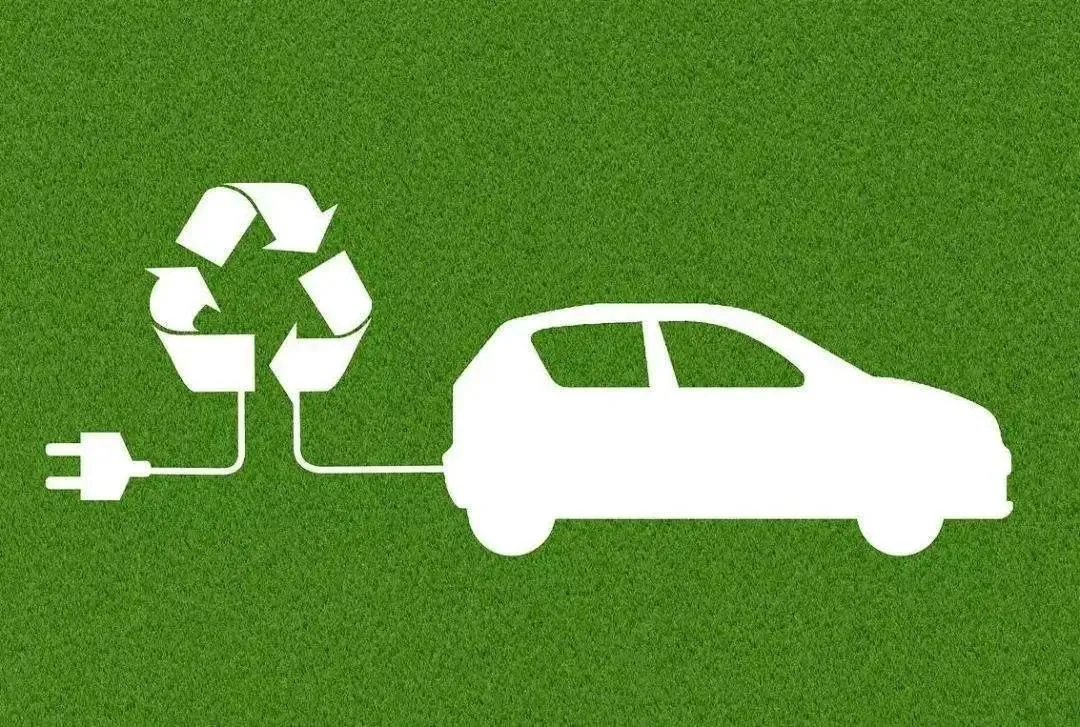
The global new energy vehicle (NEV) market is experiencing unprecedented growth, driven by escalating climate concerns, supportive government policies, and evolving consumer demand for sustainable mobility. In 2023 alone, NEV sales surged by over 30% year-on-year, with major economies like China, the EU, and the U.S. leading the charge. Yet, behind this boom lies a critical enabler: smart manufacturing. As NEVs become increasingly complex—integrating advanced batteries, autonomous driving systems, and connected technologies—traditional production methods struggle to keep pace. Smart manufacturing, with its fusion of automation, artificial intelligence (AI), Internet of Things (IoT), and data analytics, is emerging as the core driver that not only meets current demands but also paves the way for the industry’s future.

At its core, smart manufacturing represents a paradigm shift from linear, labor-intensive processes to interconnected, data-driven ecosystems. It leverages cutting-edge technologies to optimize every stage of production, from design and component manufacturing to assembly and post-sales service. For NEVs, this transformation is particularly impactful, given the unique challenges of producing high-performance batteries, lightweight structures, and software-defined vehicles. Unlike conventional internal combustion engine (ICE) cars, NEVs rely heavily on precision engineering—even minor defects in battery cells or electric drivetrains can compromise safety and performance. Smart manufacturing addresses this by embedding intelligence into every step of the value chain.

One of the most critical applications of smart manufacturing in NEVs is in battery production, the heart of any electric vehicle. Battery manufacturing is a complex, multi-step process involving electrode coating, cell assembly, and formation, where precision directly impacts energy density, safety, and lifespan. Smart manufacturing technologies are revolutionizing this space. For instance, automated production lines equipped with IoT sensors monitor real-time parameters like temperature, pressure, and material flow during electrode coating, ensuring uniformity and reducing waste. AI-powered vision systems then inspect battery cells for micro-cracks or impurities, with accuracy rates exceeding 99.9%, far surpassing human capabilities. Companies like Tesla, with its Gigafactory network, and BYD, through its blade battery production lines, have already demonstrated how such integration can scale production while maintaining strict quality control—Tesla’s Berlin Gigafactory, for example, produces over 5,000 battery packs daily with minimal human intervention.
Beyond batteries, smart manufacturing is redefining整车组装 (vehicle assembly) for NEVs. Traditional assembly lines, reliant on manual labor and rigid workflows, struggle to adapt to the customization demands of modern EVs, where consumers increasingly seek personalized features like battery size, software packages, and interior designs. Smart factories address this with flexible automation: collaborative robots (cobots) work alongside human operators to handle tasks like wiring harness installation, while digital twin technology creates virtual replicas of production lines, allowing engineers to simulate and optimize workflows before physical implementation. This flexibility not only reduces lead times but also lowers costs—Volkswagen’s Zwickau plant, repurposed for EV production, cut assembly time by 30% after adopting digital twins and cobot integration. Additionally, AI-driven predictive maintenance uses data from machine sensors to anticipate equipment failures, minimizing downtime; BMW’s Dingolfing plant, which produces EV drivetrains, reports a 40% reduction in unplanned maintenance since implementing such systems.
Supply chain resilience is another area where smart manufacturing empowers NEVs. The global nature of EV supply chains—spanning lithium mines in Chile, semiconductor factories in Taiwan, and component suppliers in Southeast Asia—makes them vulnerable to disruptions, as seen during the 2021 chip shortage. Smart manufacturing mitigates this through end-to-end digitalization: blockchain technology enhances transparency by tracking material origins and certifications, while AI algorithms analyze historical data and real-time market trends to predict supply bottlenecks. For example, Ford partnered with IBM to deploy a blockchain-based system for tracking cobalt sourcing, ensuring ethical supply chains and reducing compliance risks. Similarly, Toyota uses AI-driven demand forecasting to adjust component orders dynamically, aligning production with market needs and reducing inventory costs by 25% in its EV divisions.

The benefits of smart manufacturing for NEVs extend beyond operational efficiency to sustainability—a key pillar of the EV mission. Traditional manufacturing is energy-intensive, with ICE vehicle production accounting for 15% of automotive industry carbon emissions. Smart manufacturing integrates green technologies to minimize environmental impact: renewable energy sources like solar panels power factories (Tesla’s Nevada Gigafactory runs on 100% renewable energy), while AI-optimized energy management systems reduce electricity consumption by adjusting lighting, heating, and machinery operation based on real-time demand. Waste reduction is another focus: data analytics identify inefficiencies in material usage, and circular economy practices, such as recycling battery scrap through automated sorting systems, further lower the carbon footprint. According to the International Energy Agency (IEA), smart manufacturing could reduce NEV production emissions by up to 40% by 2030, aligning with global net-zero goals.
Despite its transformative potential, smart manufacturing adoption in NEVs faces challenges. High upfront investment in technology and infrastructure—including IoT sensors, AI platforms, and skilled labor—remains a barrier for smaller manufacturers, particularly in emerging markets. Data security is another concern: interconnected systems create vulnerabilities to cyberattacks, which could disrupt production or compromise sensitive intellectual property. Additionally, the shortage of talent with expertise in both manufacturing and digital technologies (e.g., data scientists, robotics engineers) hinders widespread implementation. Addressing these requires collaborative efforts: governments can offer subsidies for tech adoption, industry consortia can develop cybersecurity standards, and educational institutions can partner with automakers to design specialized training programs.
Looking ahead, the synergy between smart manufacturing and NEVs will only deepen, driven by three key trends. First, hyper-personalization will become mainstream: as EVs evolve into “software on wheels,” smart factories will enable mass customization, where each vehicle is tailored to individual preferences without sacrificing efficiency. Second, green manufacturing integration will accelerate, with factories not just producing EVs but operating as carbon-neutral hubs, using recycled materials and renewable energy. Third, global collaboration will intensify: automakers, tech firms, and suppliers will form ecosystems to share technologies and standards, as seen in the European Union’s “Smart Factories” initiative, which connects 1,500+ manufacturers to accelerate digital transformation.

In conclusion, smart manufacturing is not merely a tool for NEV production—it is the core driver reshaping the automotive industry’s future. By enhancing efficiency, ensuring quality, strengthening supply chains, and advancing sustainability, it empowers automakers to meet the dual demands of scaling production and embracing innovation. As technology evolves and challenges are addressed, the marriage of smart manufacturing and new energy vehicles will not only redefine mobility but also contribute to a more sustainable and connected world. For industry players, embracing this transformation is no longer optional—it is essential to staying competitive in the next era of automotive innovation.



